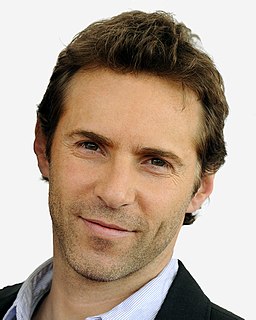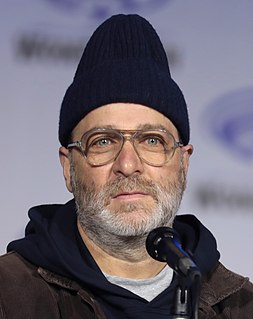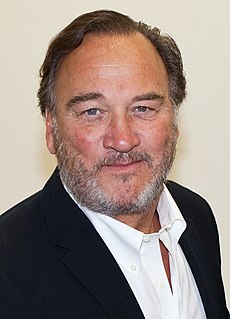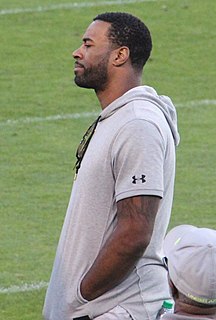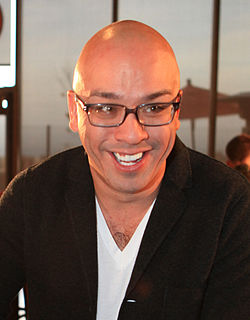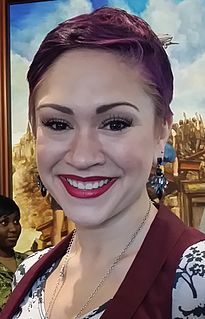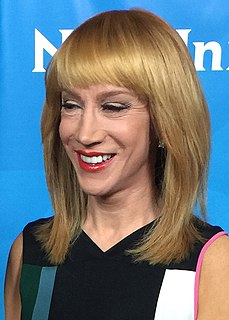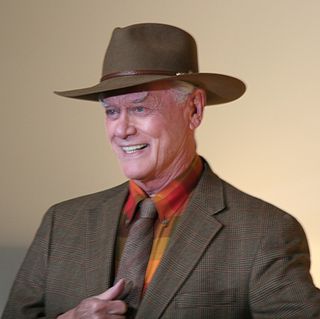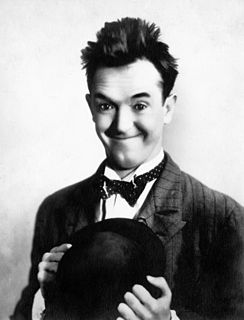A Quote by Kevin Pollak
And Barry Levinson is insanely funny. I don't know if you know this, not everyone does, but he and Craig T. Nelson were a comedy team back in the coffeehouse days of the late '60s.
Related Quotes
Barry Levinson is such a deceptive director, because he seems really lackadaisical. I'd never worked with him before, and I almost got the impression that he didn't really care that much because he was so laid-back. Sometimes we'd finish filming hours before the day was over, which is just unthinkable in any other film experience I've had. I couldn't believe that Barry had the passion for it.
Voice actors I used to know who were starting out in comedy were guys who did a lot of voices. They were usually comedy actors who developed their comedy by doing tons of impressions and voices that were usually very funny. And I never did any of that, so that's, I guess, why I don't consider myself a voice actor.
The only thing I knew in the world as a little kid was comedy. And no other kids in my school cared about it at all. There was no one to talk about it with. You know, we're in a geek culture now where comedy is so giant. I'm one of the people that, you know, works on Funny or Die. And there is just a giant culture of comedy nerds. But back then, I was alone, and I had a little confidence about it because I felt like, this is my thing, this is the only thing that only I know about.
The team doctor, the team trainers, they work for the team. And I love 'em, you know. They're some good people, you know. They want to see you do good. But at the same time, they work for the team, you know. They're trying to do whatever they can to get you back on the field and make your team look good.
Well, the coffeehouse audiences never know what they're going to get, and all the comics are different, as opposed to when you go to a club, and they're pretty much all telling jokes with set-ups and punchlines. Coffeehouse audiences are the most forgiving: They really listen, which is the best part.
'Dallas' hit a chord back in the late Seventies and Eighties because it was the age of greed: here you have this unapologetic character who is mean and nasty and ruthless and does it all with an evil grin. I think people related to JR back then because we all have someone we know exactly like him. Everyone in the world knows a JR.
I was seduced by the nouvelle vague, because it was really reinventing everything. And the Italian cinema that one would see in the theaters in the late '50s, early '60s was Italian comedy, Italian style, which, to me, was like the end of neo-realism. I think cinema all over the world was influenced by it, which was Italy finding its freedom at the end of fascism, the end of the Nazi invasion. It was a kind of incredible energy. Then, late '50s, early '60s, the neo-realism lost its great energy and became comedy.
A lot of people think that Jesus is coming back. That's fine, it's your right. But you know, I live in New York, and I think he's running a little late. I'm asking myself, 'Alright, what happens if Jesus comes back tomorrow? What - does he make rounds to churches?' 'OK, everyone who's been good, buses leave in 10 minutes. I'll meet you in front of the post office. I gotta go. Oh, don't tell the Jews I'm back.'


